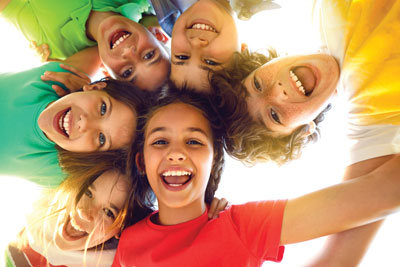
by Emily Finch
Ultimate Activity Camps
The school holidays are a time for children to take a break from the school routine, have fun, relax and recharge but they can also be an opportunity for growth, adventure and to learn new skills. Holiday camps offer a fantastic alternative to boredom at home, long hours in front of the screens and finding fun and engaging childcare solutions for parents. Active holiday camps create the perfect environment for children to stay fit and build valuable life skills through physical activities, games and team challenges.
Active holiday camps are more than a way of burning off energy. They can support children’s mental wellbeing, help them make new friends, and even spark a lifelong love for the outdoors. Whether it’s boosting their confidence through new experiences or simply encouraging healthy habits, the benefits go far beyond the holiday itself.
Improved physical health
Activities like sports, swimming, hiking and obstacle courses help improve cardiovascular fitness, strength, flexibility and coordination. Regular physical activity can also boost the immune system and supports healthy growth and development. With a range of activities throughout the day to participate in, an active holiday camp will help children get moving and trying new activities can inspire a love and help exercise to become a regular occurrence.
Being on camp for a day, a week or the whole summer can help to create a lifestyle change. An active camp creates a fun atmosphere and where it’s normalised for children to be on the move. Enjoying themselves in this environment means it is likely children will want to carry it on outside of the camp, creating a new norm. By being outside and in the natural environment, whether that is whilst on a multi-activity camp, on school playing fields or a sports specific camp on astro turf or specialist surfaces or survival camps in the woods all these will help children appreciate the outdoors, fresh air and a gain a respect for nature.
Boosts mental wellbeing
Being outdoors and engaged in fun physical activities releases endorphins that help elevate mood and reduce stress and anxieties. The regular exercise children get in an active holiday camp can also boost their mood and improve their focus. Being active will also naturally tire a child out, meaning they will come home from camp and have a deeper and more restful night’s sleep, which will help improve their overall mood and wellbeing.
Active camps also help to develop children’s social skills. They are a great place to meet new people and make new friends. Many activities on an active camp involve an element of teamwork, bringing all kinds of children together to work towards a common goal. Children learn to communicate, co-operate, resolve conflicts and support one another – skills that are essential in all areas of life. The shared experiences create lasting memories and bonds.
Active camps also help build confidence and independence. Trying new activities with new friends and succeeding while being supported by new peers helps build confidence and self-esteem. Whether it’s on the football pitch or in the art room, being praised and supported by others leaves children with a sense of achievement. Being in a new environment without their parents, with unfamiliar faces and possibly unfamiliar surroundings, encourages children to step out of their comfort zone. They learn to adapt to new instructors/teachers and navigate new conversations and friendships on their own, giving them invaluable life lessons and skills.
Reduces screen time
Holiday camps, and active camps especially, can be a great way to pry digital devices from children’s hands. The limited screen time creates a great opportunity to reconnect with play, the outdoors and simple childhood fun! With all the activities on offer and action-packed timetables, children’s devices will be a distant memory. Reduced screen time increases focus, creativity and emotional regulation, on and off of camp.
Promotes learning through play
Many activity camps incorporate learning into the timetable, almost like sneaking extra vegetables into dinner by cutting it very fine! This can be through teamwork, creative thinking or STEM. Activities like team-based problem-solving games, treasure hunts and movement-based STEM challenges help children develop critical thinking, communication and collaboration skills. All while staying active, making learning feel exciting and rewarding. Whether they’re figuring out clues in a scavenger hunt or building a structure that can withstand movement, children are developing skills that will benefit them long after the camp day ends.
At Ultimate Activity Camps, children can enjoy a range of over 40 sports, games and craft activities each week, led by inspiring staff in superb facilities – running at 45 locations this summer! For further information about camps near you please visit www.ultimateactivity.co.uk

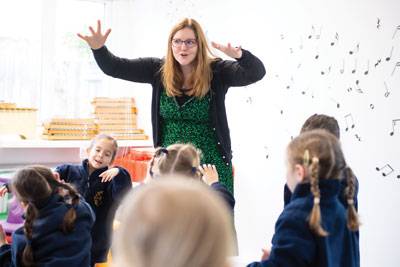

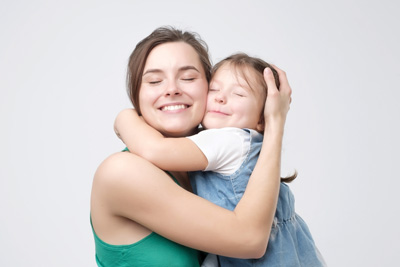





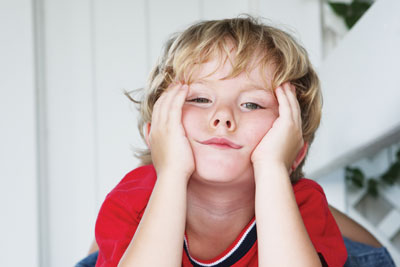
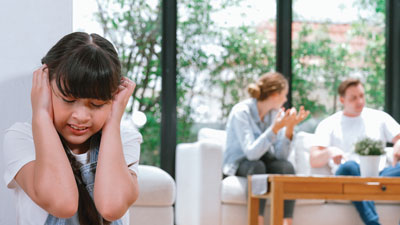
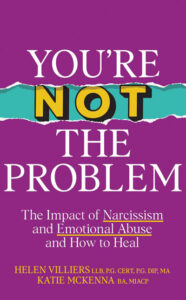 The Sunday Times Bestseller “You’re Not the Problem” will help you recognise the language and behaviours of emotional abuse and narcissism in relationships, the immediate and long-term impact of it, practical strategies for healing and how to avoid repeating these behaviours. Buy “You’re Not The Problem” on Amazon and in all major book stores.
The Sunday Times Bestseller “You’re Not the Problem” will help you recognise the language and behaviours of emotional abuse and narcissism in relationships, the immediate and long-term impact of it, practical strategies for healing and how to avoid repeating these behaviours. Buy “You’re Not The Problem” on Amazon and in all major book stores.









